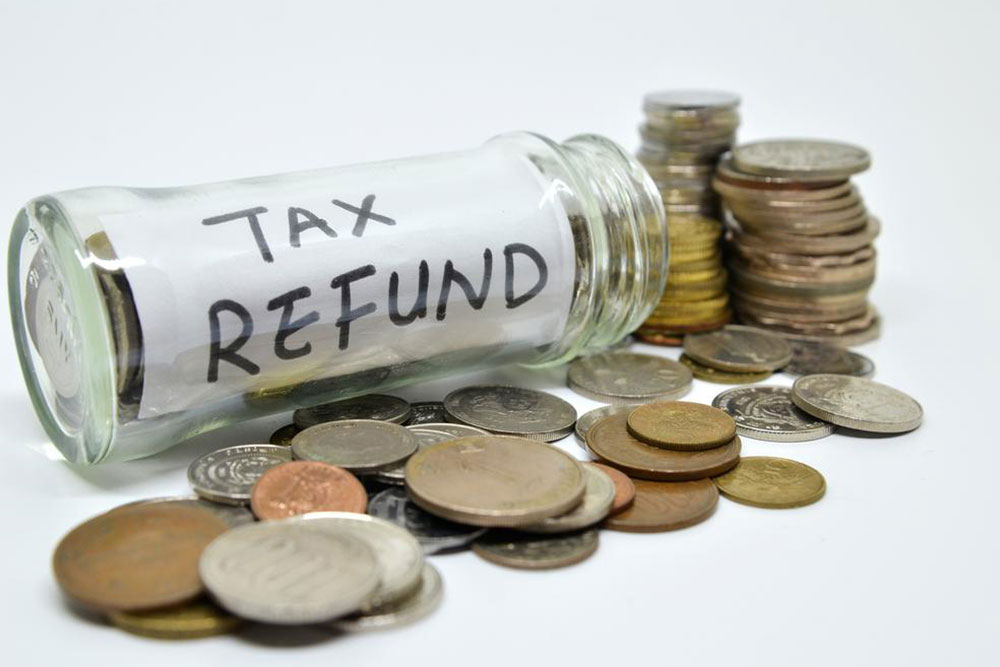Maximizing Savings Growth with Certificates of Deposit: A Comprehensive Guide
Discover how Certificates of Deposit can boost your savings with secure, predictable returns. Learn about types, benefits, and how to choose the right CD for your financial goals. Ideal for conservative investors seeking safe growth.

Maximizing Savings Growth with Certificates of Deposit: A Comprehensive Guide
Building a substantial savings portfolio requires strategic planning, discipline, and a clear understanding of the various financial tools available. While many people focus on cutting expenses or increasing income streams to bolster their savings, one of the most secure and reliable options offered by financial institutions is the use of Certificates of Deposit (CDs). These investment products are especially suitable for individuals seeking guaranteed returns and low-risk growth of their placed funds. This detailed guide explores what Certificates of Deposit are, how they work, and the numerous advantages they can offer to your savings strategy.
Understanding Certificates of Deposit (CDs)
A Certificate of Deposit, commonly known as a CD, is a type of savings instrument issued by banks and credit unions as a way for individuals to earn interest on their funds over a predetermined period. Unlike regular savings accounts, which offer flexible withdrawal options with lower interest rates, CDs lock your money for a fixed term, ensuring a stable and predictable return on your investment. The fundamental principle of a CD is that you agree to leave your money deposited for a specified duration, ranging from several months to several years, in exchange for a higher interest rate than typical savings accounts.
When you invest in a CD, you deposit a specific amount of money, known as the principal, into a financial institution. During the term of the CD, this principal accrues interest at a fixed rate, which is often higher than standard savings accounts because of the commitment to leave the money untouched for the agreed period. Once the maturity date arrives, you have the option to withdraw your initial deposit along with the accrued interest or to reinvest into another CD for continued growth. It’s important to note that early withdrawal usually results in penalties, which can reduce the overall earnings from the investment.
Certificates of Deposit are federally insured through the FDIC (Federal Deposit Insurance Corporation) up to $250,000 per depositor, per insured bank, providing a secure environment for your funds. This insurance makes CDs a highly safe option for conservative savers seeking dependable returns without exposure to market fluctuations.
Different Types of CDs and Their Features
Interest rates on CDs can vary significantly depending on the financial institution, the size of the deposit, and the duration of the investment. Usually, they are classified into small, large, and jumbo categories, with each catering to different investor needs:
Small CDs: Typically, these are deposits under $100,000. They are accessible to most individual investors and may have flexible terms ranging from a few months to several years.
Large CDs: Often referring to deposits exceeding $100,000 but less than a million dollars, these tend to offer slightly higher interest rates and are usually used by individuals with substantial savings or institutional investors.
Jumbo CDs: These are large deposits that often involve significant sums, frequently over $1 million. Jumbo CDs may come with specialized rates and terms, and they are popular among high-net-worth investors.
The terms of CDs can vary widely, typically ranging from as short as six months to as long as five years. The choice of term depends on your investment goals, liquidity needs, and expectations of future interest rate movements. Longer-term CDs generally offer higher rates but come with less flexibility in access to funds before maturity. Short-term CDs, on the other hand, provide greater liquidity and flexibility but usually offer lower interest yields.
Why Should You Consider Investing in CDs?
Certificates of Deposit are an attractive savings option for many investors because of their safety, predictability, and attractive interest rates. Here are some compelling reasons to consider adding CDs to your financial portfolio:
Flexible Terms and Options: With a variety of terms available, you can select a CD that aligns perfectly with your financial timeline. Whether you need short-term access or are planning for long-term savings, CDs provide customizable solutions. Moreover, many banks allow renewal options, enabling you to roll over the matured CD into a new one seamlessly.
High Security and Insurance: As a product insured by the FDIC, CDs guarantee the safety of your principal up to the insured limit, making them one of the safest investment vehicles for conservative savers. This security feature means your money is protected against bank failures, unlike investments in stocks or bonds that carry market risk.
Competitive and Fixed Interest Rates: Compared to standard savings accounts, CDs generally offer higher interest rates. Moreover, because the interest rate is fixed at the time of purchase, you can plan your finances with confidence, knowing exactly how much your investment will earn over its term.
Diversification and Customization: With a wide array of terms and rate options available across different banks, investors can strategically diversify their savings. This flexibility helps optimize returns while managing liquidity requirements.
Predictable Returns for Better Planning: The fixed interest rate ensures a steady return, making it easier to forecast future savings and plan major expenditures or financial goals such as buying a home, funding education, or retirement planning.
Overall, Certificates of Deposit serve as a reliable and low-risk means to grow your savings steadily over time. They are especially suitable for conservative investors, retirees, or anyone prioritizing safety and predictable income. As with any investment, it is essential to evaluate current interest rates, compare offers from different banks, and select terms that match your financial objectives.
Stay updated with the latest in banking and financial planning. Follow us on social media for expert tips and insights on maximizing your savings and making informed investment decisions.





